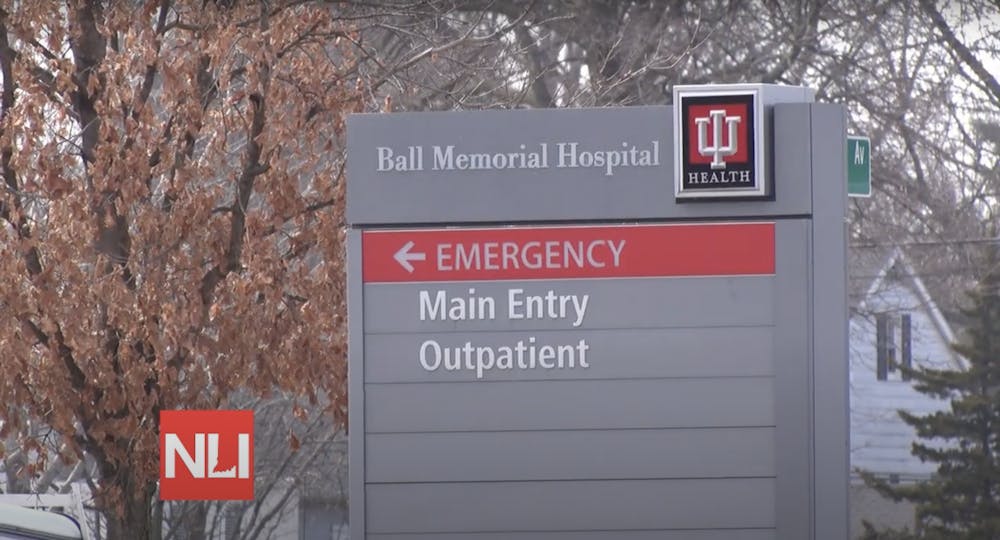MUNCIE, Ind.--- In August, Indiana became the first state to sign an abortion ban into law and hospitals across the state have been preparing for the effects. Teams at IU Health, the largest healthcare provider in Indiana, have been working for several weeks to make changes to their procedures, education programs and resources for their providers to comply with Senate Bill 1.
“We had 10 teams. They included things such as legal considerations, ethical considerations, human resources, clinical and patient safety to name a few,” Dr. David Ingram, Executive Vice President and Chief Medical Executive for IU Health said.
One of the first tasks for the healthcare provider was a numbers game. The new law requires abortions to be performed in a hospital or a hospital-based clinic, so IU Health worked to find out where abortions typically occur within the state and what the volume of abortions would look like after the law went into effect.
“The idea was, of those [abortions] that were deemed legal, would we have the capacity to accommodate them,” Ingram said.
IU Health is also anticipating an increased volume of pregnancy throughout the state, so work is being done to increase hospital capacity, especially for neonatal intensive care units.
“Currently we are running at about 90-95% capacity in those units, so that’s something that we need to think deeply about,” Ingram said.
Senate Bill 1 outlaws abortion, except in cases of rape, incest, fetal abnormalities or to protect the health and safety of the mother. IU Health has created a 24/7 rapid response team for their providers to contact if they have any clinical, legal or ethical concerns.
“We know that this is new territory for many of our providers, and that has increased the anxiety around whether they are making the right decision,” Ingram said.
“Our primary concern as providers of healthcare is taking care of our patients,” Dr. Caroline Rouse, Medical Director of Maternity Services at IU Health said.
Ball Memorial Hospital is the only hospital in Muncie and will continue to provide legal abortion services.
“We know that abortion is safe, it is evidence-based and we will continue to provide that care within the parameters of the new law,” Rouse said.
Outside of the clinical changes, another big complication is IU Health’s OBGYN residency program. IU Health is the only school of medicine within the state, so they’ve made the decision to turn to out-of-state training for some procedures.
“The program needs to provide access to the full spectrum of reproductive services,” Ingram said.
Ingram said that the bill could drive away students from their education program, and surveys taken at IU Health show that many school of medicine residents are considering out of state employment in light of the changes.
“We have been thinking about what it means to be a physician here and we have a fully developed plan to not only retain our workforce, but also to continue to recruit,” Ingram said.
With all these changes being made, Ingram and Rouse said that the most important aspect is their patients.
“We’re prepared and the highest priority for us is to provide services to our patients to preserve the patient physician relationship within the boundaries of the newly established law,” Ingram said.
Contact Madeline Kerr for comments at makerr@bsu.edu












